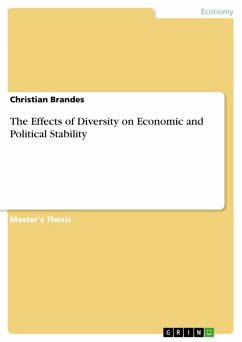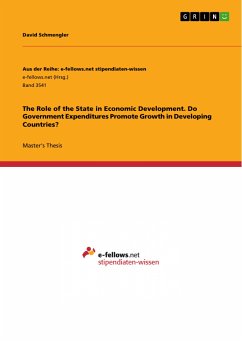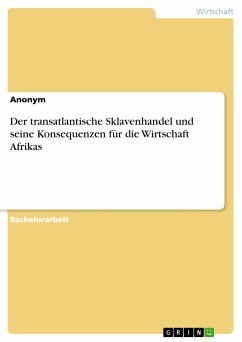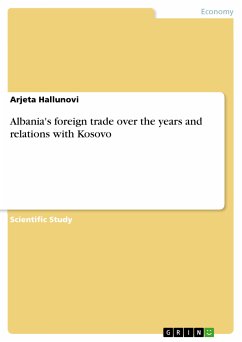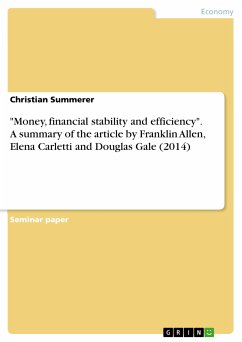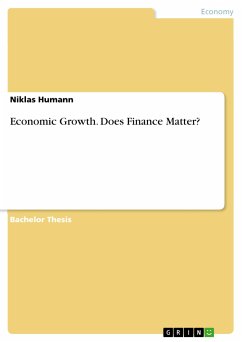Master's Thesis from the year 2017 in the subject Economics - Other, grade: 1,7, http://www.uni-jena.de/, language: English, abstract: Many developing countries do not only suffer from weak institutions, poor economic performance and corruption, but also from separatist movements and violent civil conflicts. The question arises why some countries could achieve economic growth and development, while others never experienced considerable economic development and are trapped in a vicious circle of re-occurring violent conflicts and economic deterioration. Since developing countries tend to be more diverse in terms of ethnicity, language and religion and many civil conflicts appear to have an ethnic or religious component, diversity is regarded as a main cause of economic and political instability. Furthermore, many scholars consider higher levels of diversity in the least developed countries to be the crucial factor that leads to inefficient policy decisions and impedes growth and development. This master thesis addresses the question how diversity affects economic and political stability and elaborates appropriate parameters which are further used in a composite indicator (CI) to quantify a country's stability, respectively instability. The thesis is structured as follows: After a review of the literature on the relations between diversity and economic development and civil conflicts in chapter two, the historic and environmental conditions under which different ethnic and linguistic groups emerged are described. Further, the effects of external shocks which shaped ethnic development in the special case of Africa are assessed. Chapter four introduces the most common measurements of ethnic, linguistic and religious diversity and describes the differences between fractionalisation and polarisation. Several studies describing the effects of different aspects of diversity on various economic and political outcomes are discussed. This is followed by chapter five which is addressing the causes of instability and civil conflict. It is examined how conflict, as the major outcome of instability, is related to and can be driven by diversity and which roles economic and institutional aspects play in explaining civil conflicts. In the subsequent part, several indicators which capture different aspects of stability are critically assessed. Further, parameters and their respective weights towards a new composite indicator of instability are elaborated. Subsequently, chapter seven concludes.
Dieser Download kann aus rechtlichen Gründen nur mit Rechnungsadresse in A, B, BG, CY, CZ, D, DK, EW, E, FIN, F, GR, HR, H, IRL, I, LT, L, LR, M, NL, PL, P, R, S, SLO, SK ausgeliefert werden.

